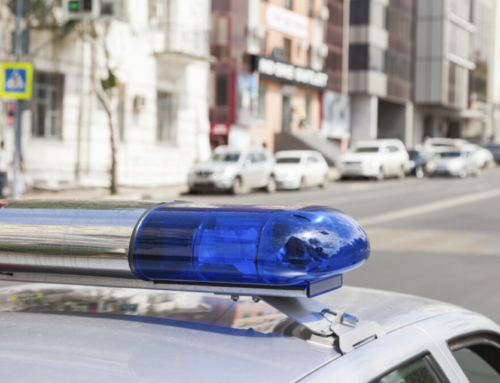Reckless driving in Virginia is a criminal offense rather than a traffic offense and therefore carries severe consequences. A Class 1 misdemeanor, reckless driving triggers a maximum fine of $2,500 or a jail sentence of up to 12 months in Virginia – or some combination of the two. In addition, you will receive six points on your DMV record and the conviction will remain on your DMV record for 11 years. Because of the harshness of the penalty, you will want to do your best to fight the charge.
Speeding is a common cause for reckless driving. Your best bet to challenge a reckless driving charge for speeding may be to attempt to get the charge reduced rather than to try to escape any kind of a penalty completely, depending on the circumstances of your particular case. In Virginia, you can draw a reckless driving charge for speeding more than 20 miles per hour over the speed limit. You also can be charged with reckless driving if you were traveling more than 80 miles per hour, no matter the speed limit – even if the speed limit is 70 miles per hour on the highway.
When you are charged with reckless driving, you receive a summons to General District Court. The first thing you will want to do if you plan to confront the charge is to enlist an attorney who has experience and a record of success with reckless driving defenses.
An reckless driving attorney can examine the specifics of your case and search for possible holes in the prosecution’s case, such as an improperly maintained radar gun or a police officer failing to follow proper procedure. They also can search for reasons to convince a judge or prosecutor to agree to negotiate your charge down from reckless driving to a speeding or improper driving charge. Both of these are traffic offenses that carry much lighter penalties and do not leave you with a criminal record – while also leading to a lesser impact on your insurance rate. Prosecutors and judges have the discretion to reduce your charge or even to offer to eliminate the charge altogether, perhaps after you complete driving school.
Among the arguments you and your attorney could pursue to seek a lesser charge is your existing record. If you have a strong driving record, it could be put forward as a reason to reduce your charge in recognition that the speeding was out of character. Another possible argument that could lead to a reduced charge is that you had a convincing reason for speeding, such as you were rushing as part of an emergency. Finally, it may be worth checking your speedometer to confirm that it is operating properly, especially if the speed the police officer suggested you were traveling did not match the speed you thought you were driving.
Even if you were caught speeding in a range that triggers a reckless driving charge, do not give up hope. Consult with an experienced attorney and consider the ways your case can end without a criminal conviction.
Contact us today by calling, or filling out the contact form on this page.




